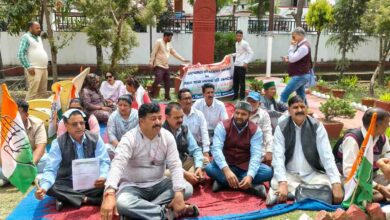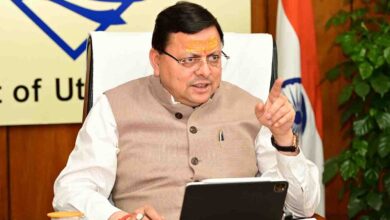IIT Roorkee researchers identify role of white blood cell markers in sepsis-related complications

Sunday, 16 January 2022 | PNS | Roorkee
Researchers at the Indian Institute of Technology (IIT), Roorkee led by professor Pranita P Sarangi from the institute’s department of Biosciences and Bioengineering, have shown the role of specific immune cell markers on the outcomes of severe infection and sepsis. According to the institute, this study, funded by the BioCARe Women Scientist grant and Innovative Young Biotechnologist Award grant from the Department of Biotechnology, has provided important insights into the role of immune cell markers on sepsis-related complications.
Neutrophils, monocytes and macrophages are white blood cells that act as scavengers of dead cells and foreign bodies like bacteria and other pathogens. They move from the blood to the site of infection to mop up the disease-causing foreign matter. However, in uncontrolled and severe infection, commonly called sepsis, there is abnormal activation and localisation of these immune cells. As a result, these cells form ensembles, move around the body, and get deposited in important organs such as the lung, kidney and liver, which could lead to multi-organ failure or even death.
Speaking about her research Sarangi said, “Given the importance of monocytes, macrophages and neutrophils in sepsis, it is important to understand the mechanism of the migration of such cells to detect the stages of inflammation and sepsis.”
“These findings will help in detecting the stages of sepsis and appropriate treatment,” said the lead researcher Shiba Prasad Dash, who is currently pursuing his PhD under Sarangi’s guidance.
Talking about the research IIT Roorkee director professor Ajit K Chaturvedi said, “This work advances the current understanding of sepsis biology and may be helpful in the development of therapeutics against this life-threatening condition.”
Results from this research work have been published in The Journal of Immunology, the official journal of the American Association of Immunologists (AAI).






